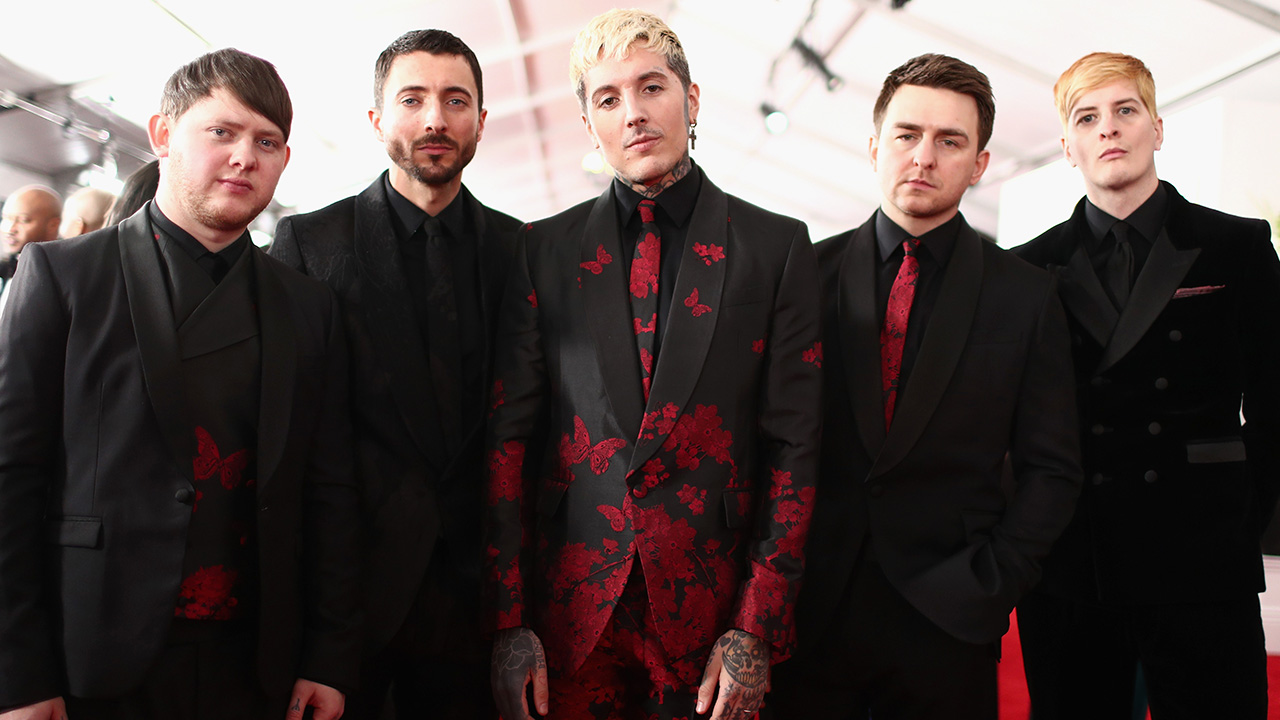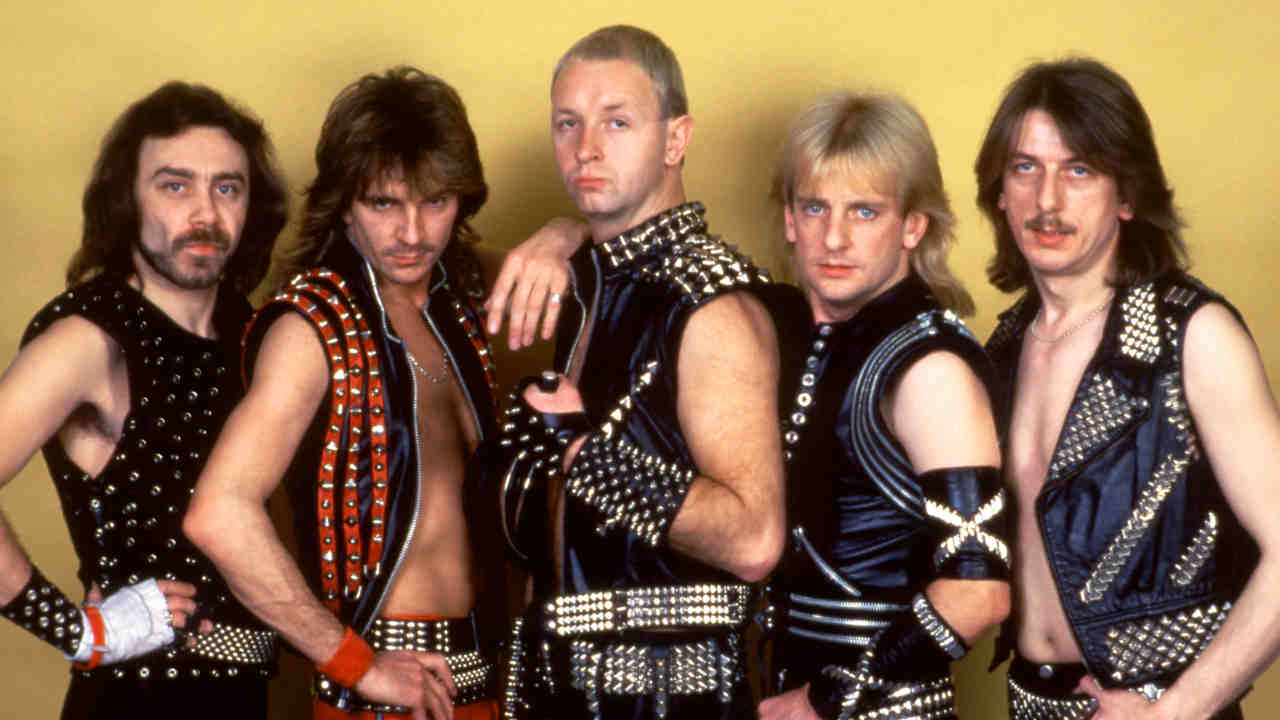Metal doesn’t need Bring Me The Horizon – and they don’t need us
Bring Me The Horizon left metal firmly behind with Amo, but they’ve left a scene in ruder health than ever

Earlier this month, one Metal Hammer writer posted an article arguing that we, as a scene, should prepare ourselves for the fact that Bring Me The Horizon’s latest record, Amo, was the future sound of the genre we all love so much. The piece argued that by embracing modern electronic sounds and popular production methods, BMTH were breaking new ground and pointing us all toward a brave new world in a stagnating metal scene. Except it’s not that straightforward, is it?
This idea may have been true a few years ago. On both 2010’s There Is A Hell... and 2013’s Sempiternal, Bring Me’s meld of heavy, metallic riffs and a mainstream-worthy polish did feel genuinely exciting; a signpost to where the next generation of metal could look to go. But, listening to Amo in the context of metal in 2019, it’s hard to feel that this is true now. Not only is metal at large in a far stronger place than it was during Bring Me’s creative peak period, but by replicating the sounds of right now, Amo feels less like a stride to the future and more like an attempt to define the present.
Filled with zeitgeist-hugging tropes, it’s a record that seems to have been made to maximise its reach in the mainstream circles of today. It doesn’t make the album bad – far from it, there are some very good songs on Amo – but it’s a dangerous tactic for artists. Consider the song Heavy Metal, which not only prods and pokes at the metal fans they are leaving behind, but also namechecks Instagram, a move which will inevitably date the song. In the same way that we’d all be chuckling, ‘That’s soooo 2006!’ about a song referencing MySpace, Heavy Metal is chained to 2019 forever. Similarly, by embracing pop sensibilities, BMTH have found themselves working in a medium is designed to boom and burst quickly, and how they keep up with themselves will be the key to their longevity.
Of course, you can’t blame Bring Me The Horizon for leaving metal behind. The way our scene has treated them over the years suggests they’re right to have no loyalty to it. But the future of metal should, at the very least want to be part of metal. The future of metal should love the idea of heavy metal. Not spend its time sneering at it.
There is also very little to suggest that metal as a genre thrives by becoming more commercial. Iron Maiden were already huge in the mid-80s, but one of their most beloved albums is the difficult, progressively minded masterpiece, 1988’s Seventh Son Of A Seventh Son. Everyone expected Pantera and Slipknot to dial down the heaviness after their respective commercial breakthroughs, yet instead they each released the brutal Far Beyond Driven and savage Iowa, scoring number one albums in the US and UK respectively. Even Avenged Sevenfold followed up their most commercially-minded album, Hail To The King, with a sprawling concept album in The Stage – and found themselves playing bigger venues and headlining Download Festival for a second time.
Most tellingly, Amo has come at a time when there are plenty of other artists who are pushing metal forwards. Manuel Gagneux of Zeal & Ardor has beautifully merged early delta blues with the savagery of black metal to make sublimely unique music. Carpenter Brut might essentially be an electronic artist, but has such an undeniable love of metal aesthetics and dramatics that he’s welcomed in with open arms. Oathbreaker are as heavy as any band you care to mention, but also take the ethereal beauty of Kate Bush and Bjork to make music that has a far wider dynamic reach than metal is used to. Code Orange have taken hardcore, industrial metal, 90s alt-rock and modern hip-hop, smashed it all to pieces and reconstructed it into the form of their own, disgusting Frankenstein’s monster.
All of those bands clearly long to be heavy; they love to be metal, they aren’t embarrassed or in confrontation with the idea of it. Surely that is where we should demand our future lies? Bring Me The Horizon are not a bad band, and they’re not a band that have released a terrible record, but they’re not the future of metal. They’re simply the present of Bring Me The Horizon.
Sign up below to get the latest from Metal Hammer, plus exclusive special offers, direct to your inbox!

Stephen joined the Louder team as a co-host of the Metal Hammer Podcast in late 2011, eventually becoming a regular contributor to the magazine. He has since written hundreds of articles for Metal Hammer, Classic Rock and Louder, specialising in punk, hardcore and 90s metal. He also presents the Trve. Cvlt. Pop! podcast with Gaz Jones and makes regular appearances on the Bangers And Most podcast.
